Did you seriously think that you were going to get through today without a Daily Grindhouse post? Oh, perish the thought ... perish the thought ... I was simply tied up with some other activities this morning, and it kept me away from the blog until now. Now, I'm here -- rest easy, folks -- and I'm making my way through today's trivia in order to give you a little bit extra as you've come to expect from SciFiHistory.Net!
How's your Hump Day, peeps?
Mine is going just fine. On the way home from my volunteer gig, I had to stop at a few stores to try to find a very specific cat food that has been in short supply on shelves as of late. I won't trouble you with all of the particulars, but I have one feline who has always suffered from some nasal issues. For whatever reason, there's only this one brand of food she eats on a fairly consistent basis; and this sometimes requires me to run from store to store trying to find it as it isn't always stocked in ample supply. Ah, the life of a cat parent ...
In any event, I spent yesterday afternoon enthralled with a 70's action/thriller that -- yes -- I'll be reviewing in this space probably tomorrow or Friday at the latest. It was quite good -- won't spoil it for you now -- so keep your eyes peeled. It should be a welcome surprise.
For those of you who've never heard his name, it's equally likely that you never heard of the company he helped found -- along with Hal Sutherland and Lou Scheimer. They're brainchild was known as Filmation, and it opened its doors all the way back in 1963, lasting all the way until 1989 when they finally closed up shop. And yet in between that start and finish date were some of the staples that made appointment television the glory is was for the bygone era. There is no way for me to do justice to all of their adventures on screens big and small, but I'll not let the day go by without naming the biggest and brightest so far as this reviewer (and watcher) is concerned.
1967's Journey To The Center Of The Earth was an animated show that lasted seventeen episodes and kinda/sorta mined its source material -- the novel of the same name written by genre legend Jules Verne -- for all it could. Here's the series' premise as provided by IMDB.com: "Based on the Jules Verne classic novel and the 1959 film by 20th Century Fox. This Saturday morning animated series followed the adventures of Professor Lindenbrook and his party trying to get to the center of the Earth before the evil Count Saknussem They follow a trail left centuries earlier by Arne Saknussem, an ancestor of the Count's."
In similar fashion, Fantastic Voyage (1968-1969) drew inspiration from the 1966 major motion picture that was a bit of a sensation at the box office. It also lasted only a single season of seventeen episodes. Here's its premise as provided by IMDB.com: "The government confronts mysterious incidents that threaten international safety and determines it must employ a team of experts who are shrunken to microscopic size to infiltrate and combat otherwise impenetrable dangers; thus is the Combined Miniature Defense Force created; it is led by US Navy Commander Jonathan Kidd, an expert frogman; Guru, a Tibetan wizard possessing fantastic powers; Erica Lane, an astronaut, doctor, and biologist; and Busby Birdwell, a scientist and engineer who builds the CMDF's primary aerial craft, the Voyager."
But it really wasn't until 1973 when Filmation truly came into its own when it bravely went where no man had gone before. Star Trek: The Animated Series holds a much beloved place in the heart of Trek enthusiasts everywhere, so much so that it's often regarded as a continuation of the live action television show which lasted three seasons on broadcast television. While I didn't think it was 'on par' with those adventures, it definitely had a few outings that enhanced some of the existing mythology, so much so that it's easy to accept why so many consider it canon in the beloved franchise.
There's more -- honestly, a good deal more -- but I'm going to leave it at that, encouraging folks to check out Mr. Prescott's profile on IMDB.com and explore what strange new worlds truly look like when conceived by one of the industry's smartest players.
One of the biggest disagreements I've had as of the last few years involves Alita: Battle Angel, a flick that premiered on this day back in 2019.
The short skinny here is that Alita was embraced by fandom. As for me? I honestly felt 'meh.'
Now, don't get me wrong: the film is a masterpiece with its technical prowess. What the story loses in epic proportions it definitely makes up for with effects, imagery, and ideas. But because -- at its core -- it's essentialy little more than a high-tech riff on the whole Pinocchio story, I just wasn't moved by its characters. Again: yes, it has some great scenes, and it definitely benefits from a stellar cast ... but -- as I've contended -- I just wasn't engaged the way so many others were. This is what I mean when I say that sometimes my preferences just don't quite coincide with the mainstream; this doesn't make my opinion any better or any worse than anyone else's. What moves each of us is different, and Alita just seemed a bit too light in pushing boundaries other than the technical ones. Wizardy is good, but some tricks just don't impress me as they do you.
Regardless, Happy Birthday, Alita. Here's hoping that long-promised sequel finally gets a greenlight. It'd be grand to see where you go next.
Of course, there's more. In fact, with an incredible 81 different genre trivia citations, there's actually a lot more. And this is where I encourage each of you to head on over to the Daily Citation Page to check it all out. There's nothing better than celebrating SciFi, Fantasy, and Horror, and you'll all encouraged to join in on the fun. Here's the link to make it easy for you ...
As always, folks, thanks for reading ... thanks for sharing ... thanks for being a fan ... and live long and prosper!
-- EZ


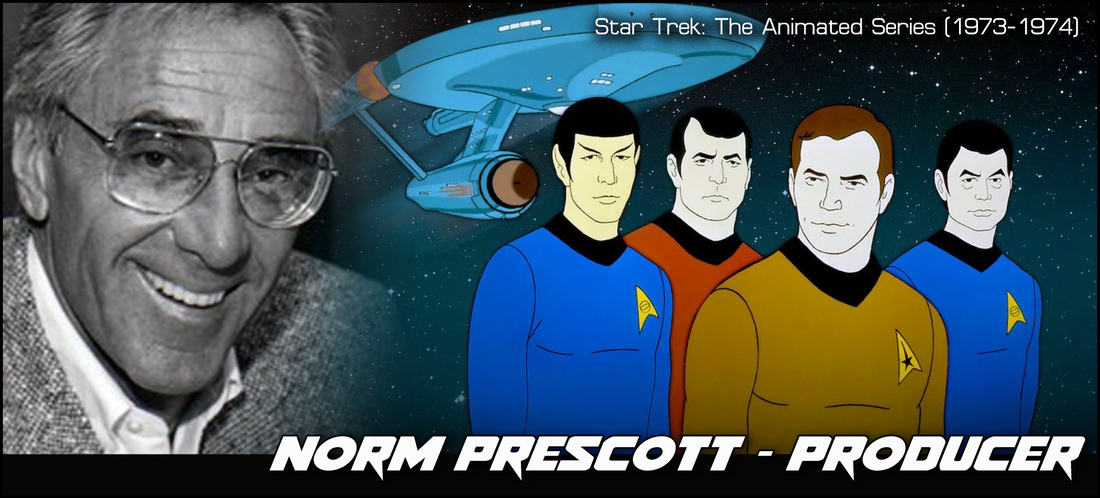

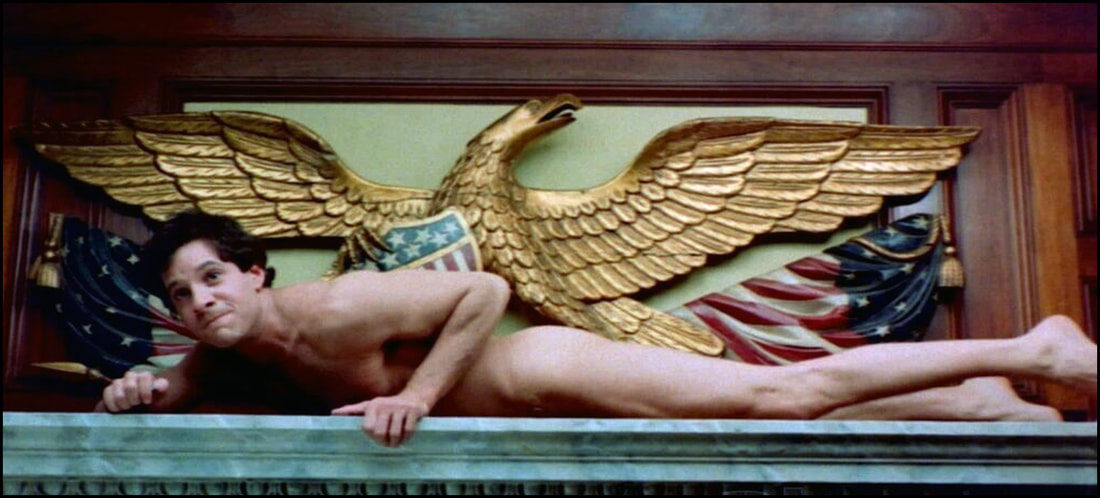
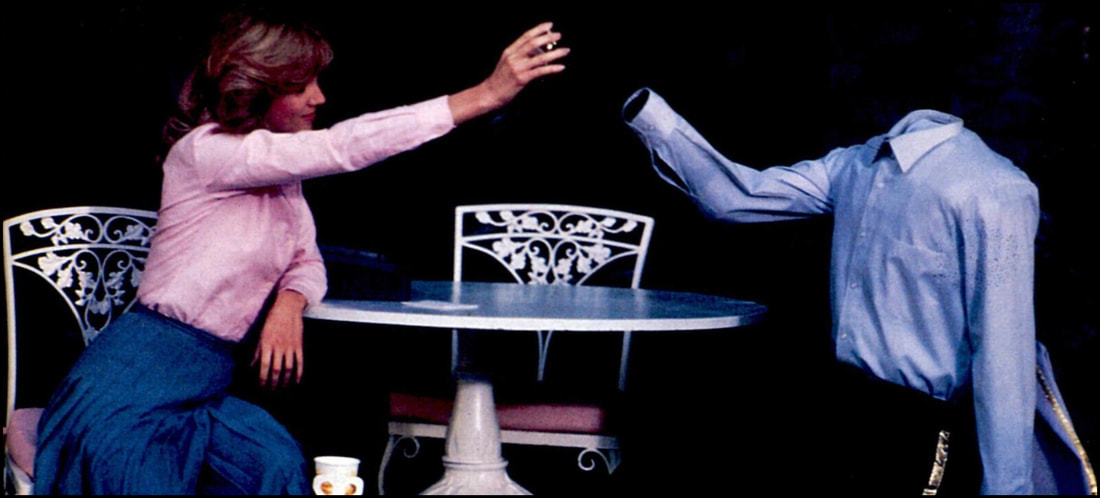
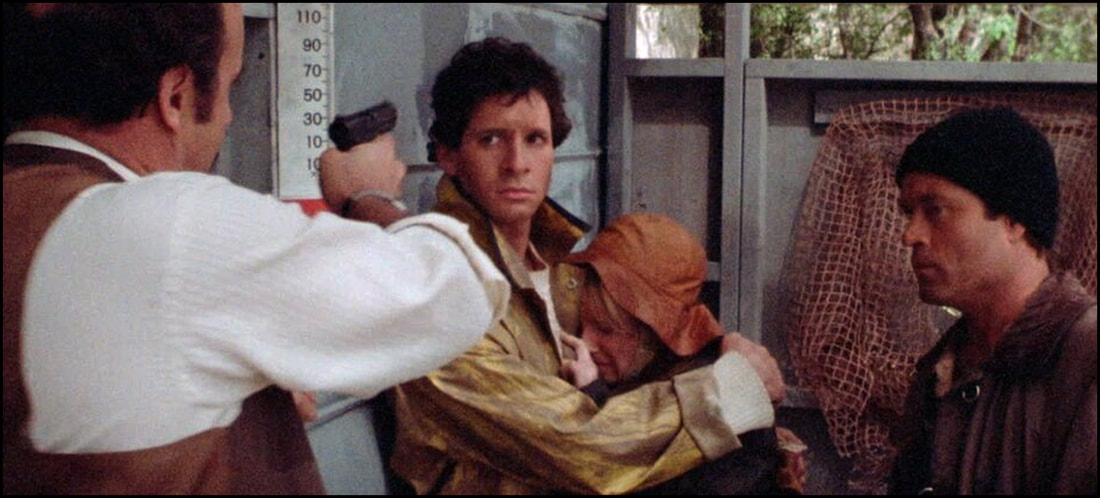
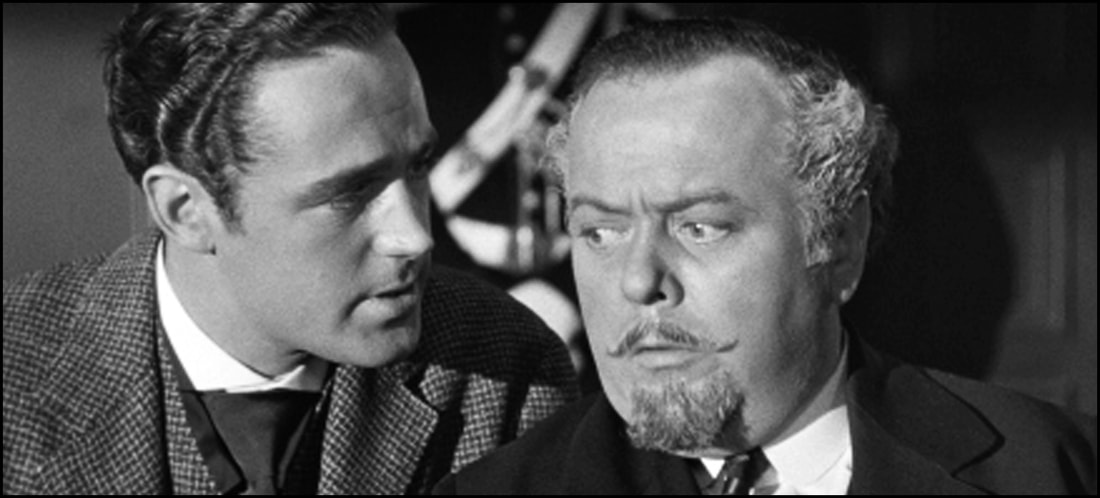

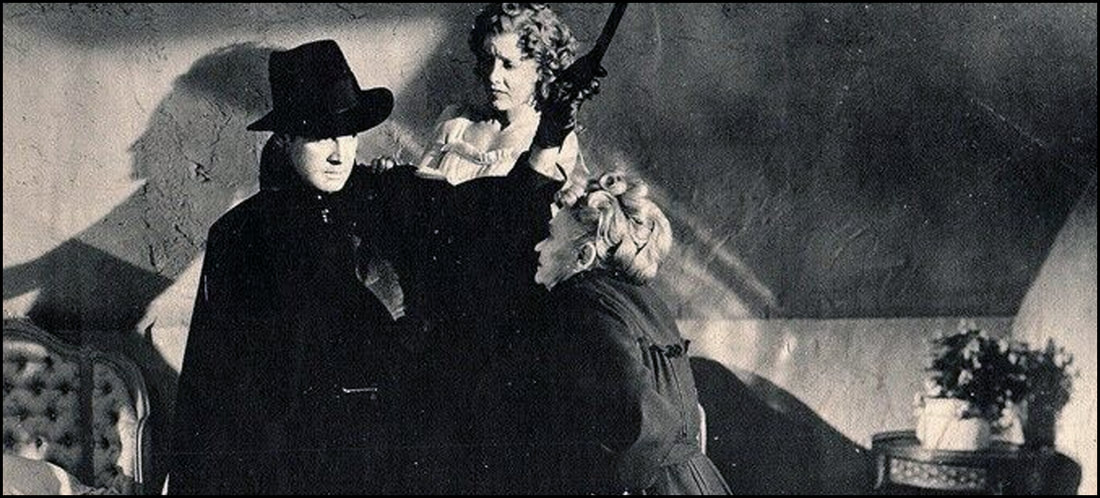
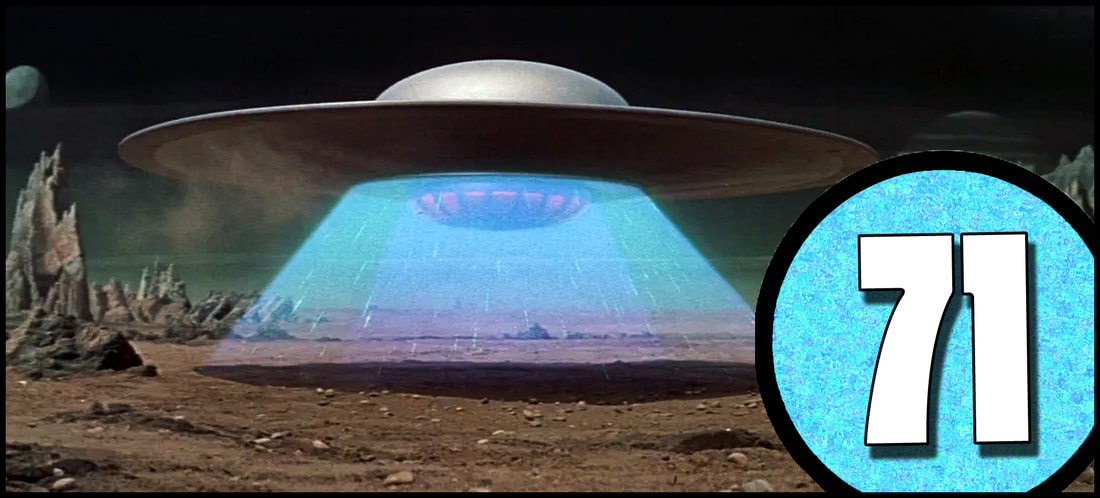


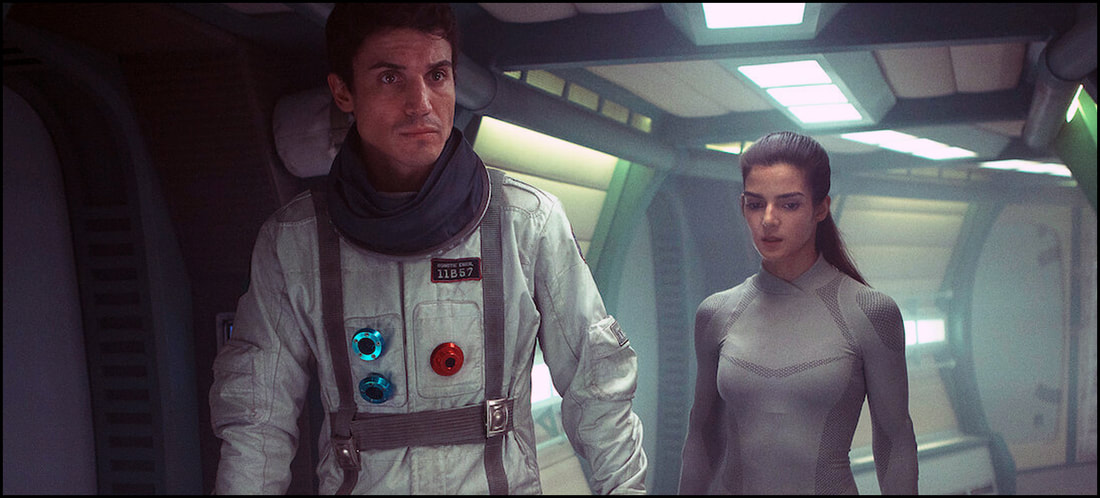

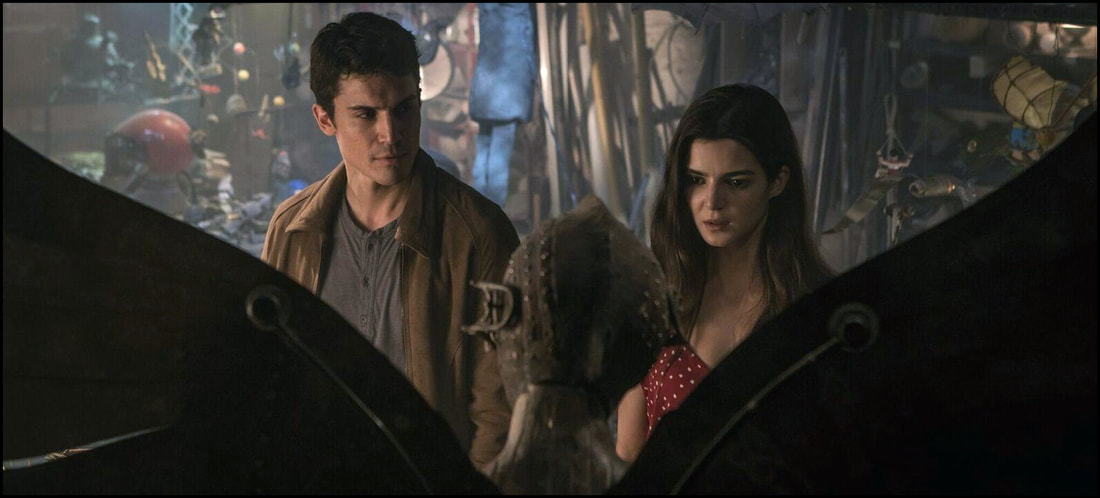
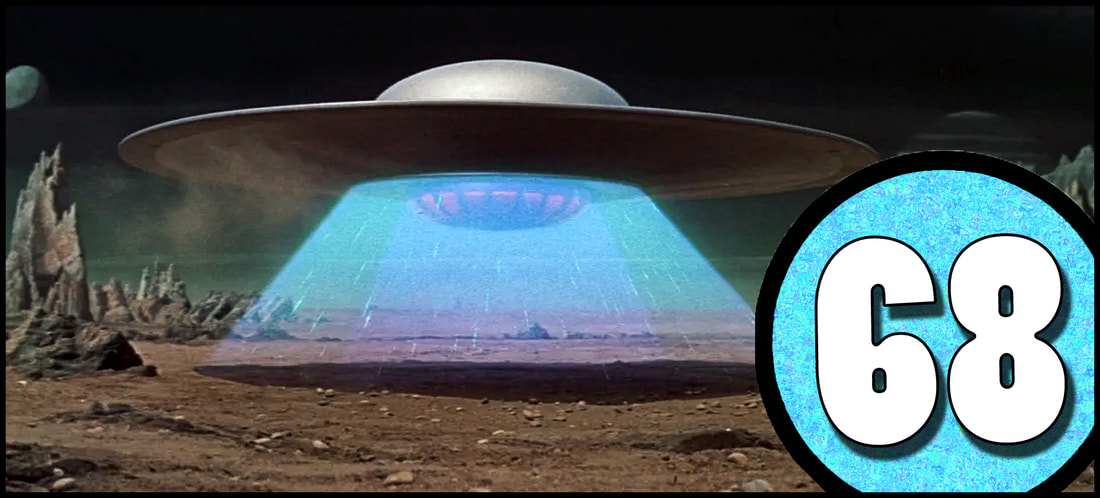
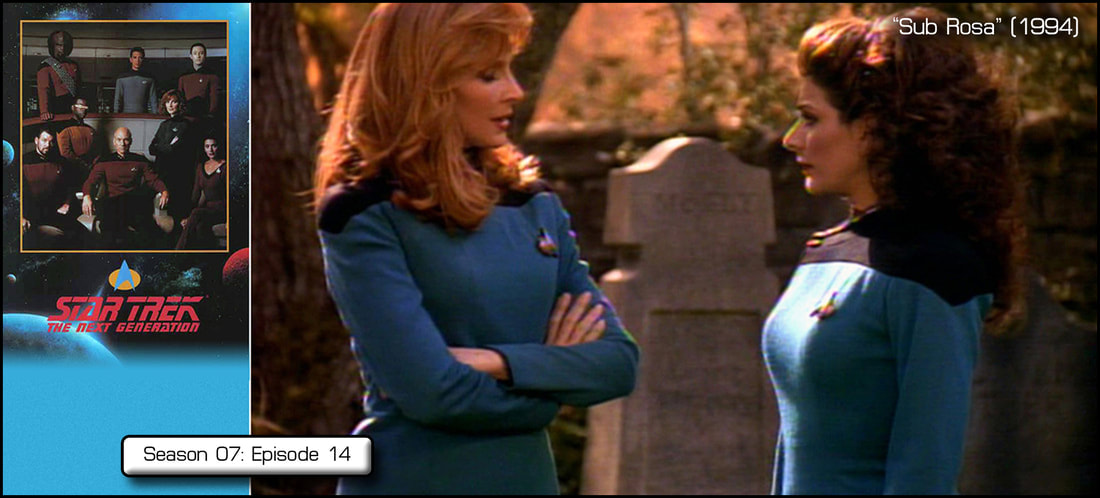

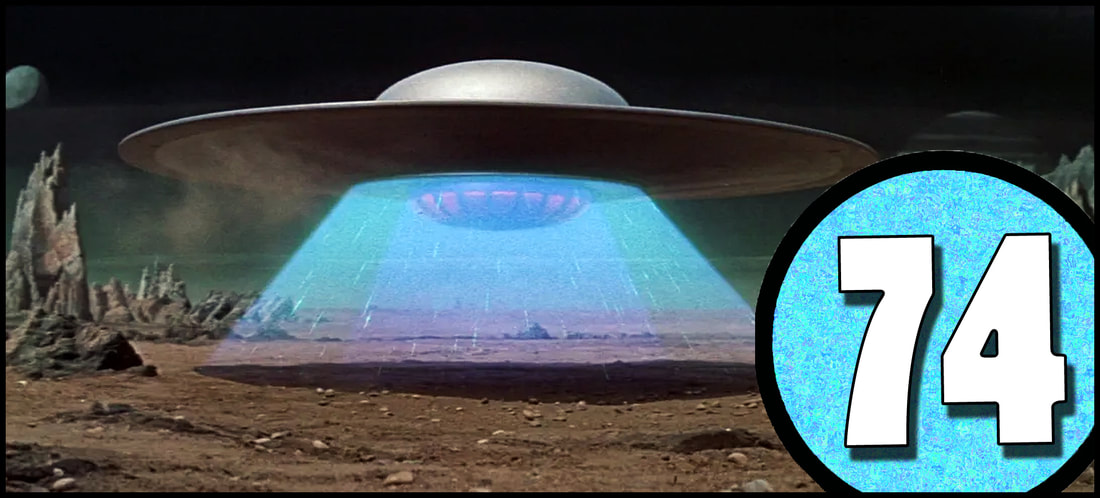
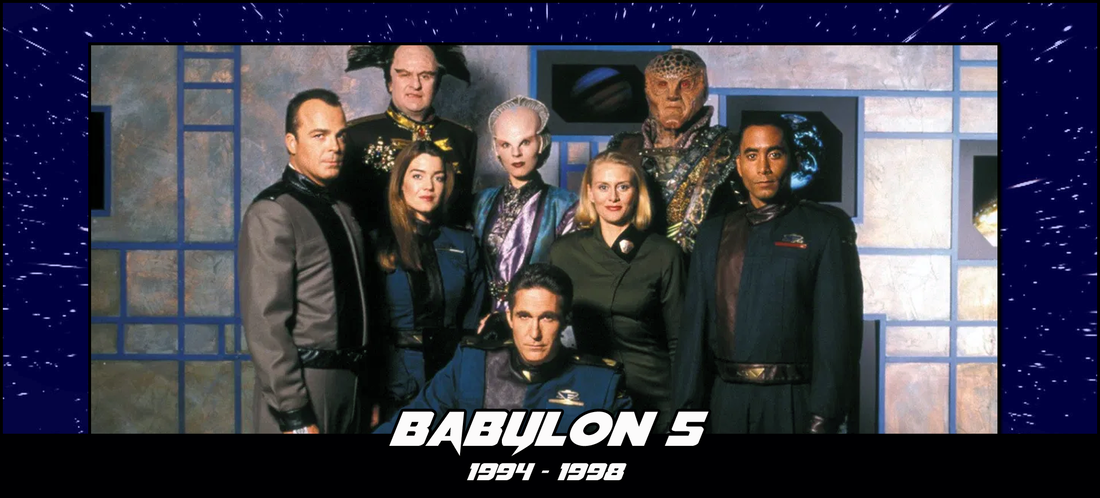
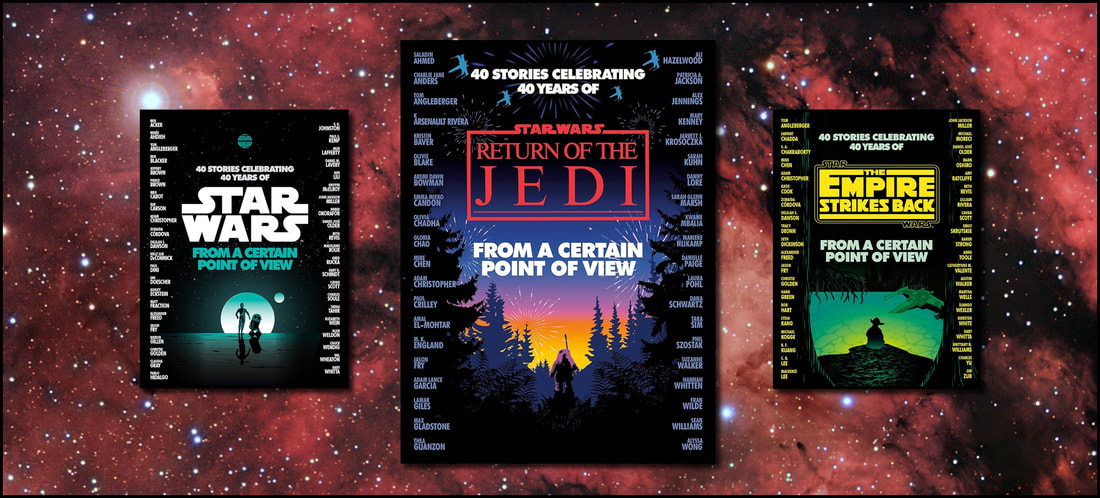
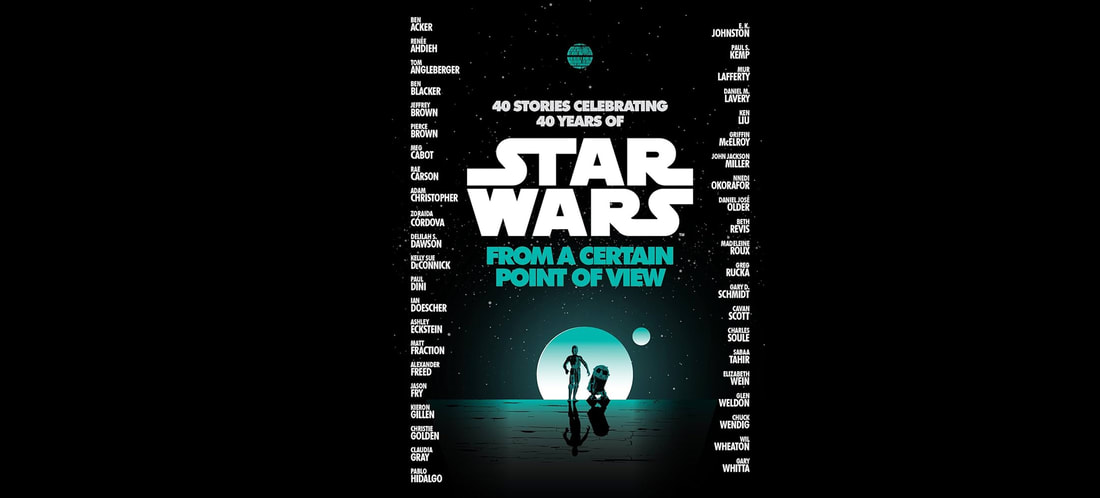
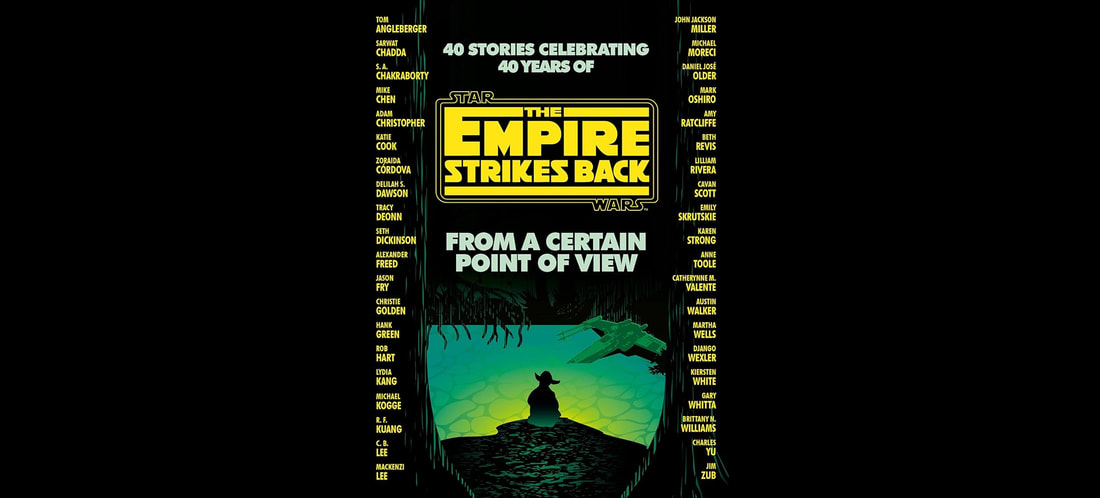
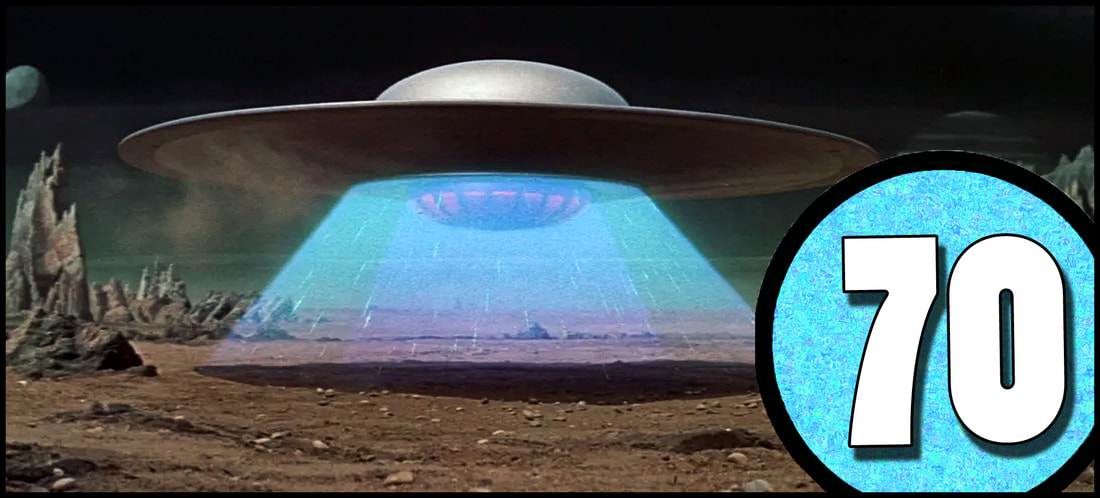
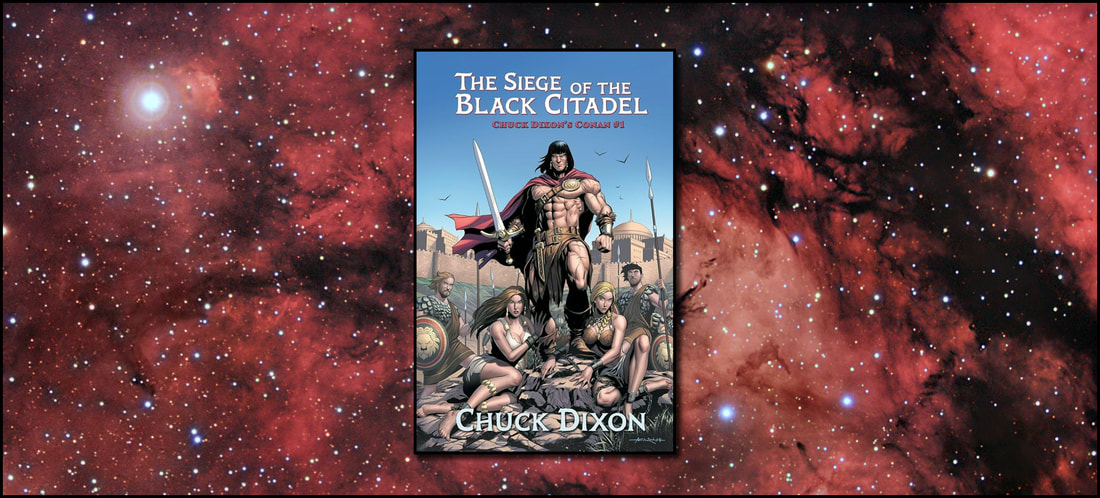
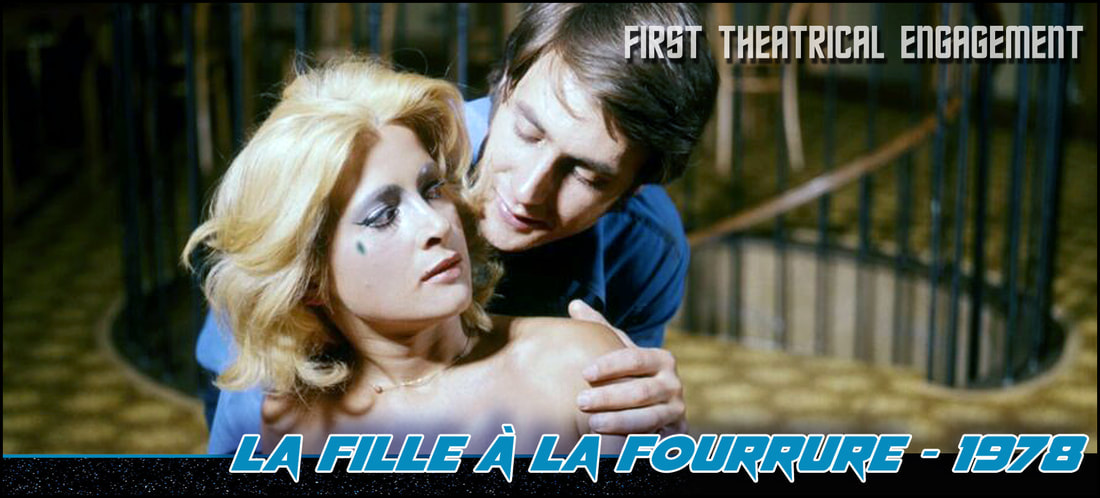

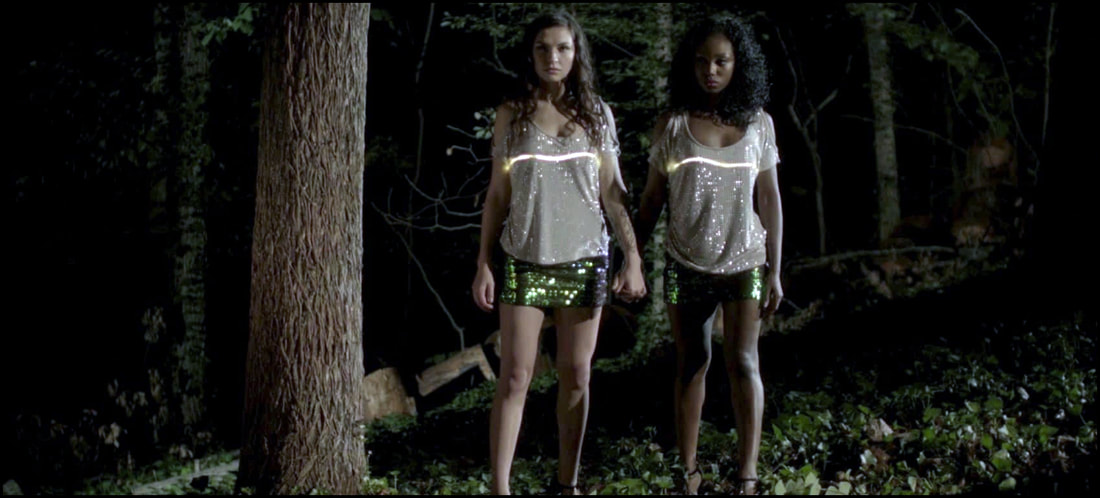
 RSS Feed
RSS Feed